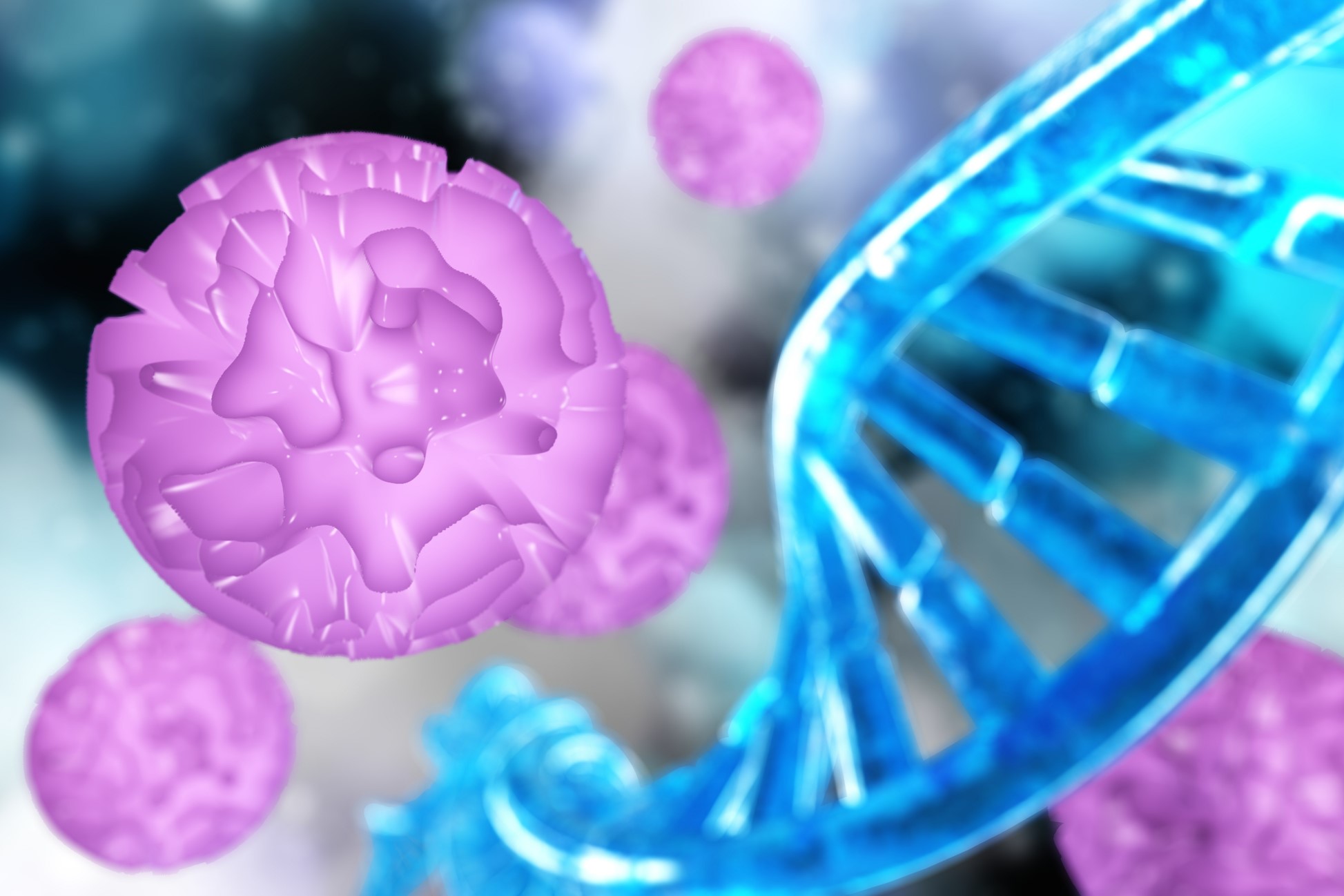
What is Acidemia? Acidemia is a condition where the blood has too much acid, making it more acidic than normal. This can happen due to various reasons, such as kidney problems, diabetes, or certain medications. Why is it important? High acid levels can disrupt the body's normal functions, leading to serious health issues. How does it affect the body? Symptoms might include fatigue, confusion, shortness of breath, and even coma in severe cases. Who is at risk? People with chronic illnesses, those on specific drugs, or individuals with genetic conditions are more likely to develop acidemia. Can it be treated? Yes, treatments range from medications to lifestyle changes, depending on the cause. Understanding acidemia can help manage and prevent its complications.
What is Acidemia?
Acidemia is a medical condition where the blood has an excess of acid, leading to a lower pH level. This can disrupt normal bodily functions and cause various health issues. Here are some intriguing facts about acidemia.
-
Acidemia vs. Acidosis: Acidemia refers specifically to the low pH in the blood, while acidosis is the process leading to this condition.
-
Normal Blood pH: The normal pH range for human blood is between 7.35 and 7.45. Anything below 7.35 is considered acidemia.
-
Types of Acidemia: There are different types, including metabolic and respiratory acidemia. Metabolic acidemia results from kidney issues, while respiratory acidemia stems from lung problems.
Causes of Acidemia
Understanding what causes acidemia can help in its prevention and treatment. Here are some common causes.
-
Kidney Failure: When kidneys fail to remove enough acid from the body, metabolic acidemia can occur.
-
Lung Diseases: Conditions like chronic obstructive pulmonary disease (COPD) can lead to respiratory acidemia by impairing the lungs' ability to expel carbon dioxide.
-
Diabetes: Diabetic ketoacidosis is a severe complication of diabetes that can cause metabolic acidemia.
-
Severe Dehydration: Lack of fluids can concentrate acids in the blood, leading to acidemia.
Symptoms of Acidemia
Recognizing the symptoms early can be crucial for effective treatment. Here are some signs to watch out for.
-
Fatigue: Persistent tiredness can be a symptom of acidemia, as the body's cells struggle to function properly.
-
Confusion: Mental confusion or difficulty concentrating can occur due to the imbalance in blood pH.
-
Shortness of Breath: Difficulty breathing is common, especially in respiratory acidemia.
-
Nausea and Vomiting: These symptoms can be the body's way of trying to rid itself of excess acid.
Diagnosing Acidemia
Accurate diagnosis is essential for effective treatment. Here’s how doctors diagnose acidemia.
-
Blood Gas Test: This test measures the pH, oxygen, and carbon dioxide levels in the blood to determine acidemia.
-
Electrolyte Panel: Checking electrolyte levels can help identify the underlying cause of acidemia.
-
Urine Tests: These can reveal how well the kidneys are functioning and if they are contributing to acidemia.
Treatment Options
Treating acidemia involves addressing the underlying cause and restoring normal pH levels. Here are some common treatments.
-
Bicarbonate Therapy: Administering sodium bicarbonate can help neutralize excess acid in the blood.
-
Dialysis: For those with kidney failure, dialysis can remove excess acids from the blood.
-
Ventilation Support: In cases of respiratory acidemia, mechanical ventilation can help remove carbon dioxide from the body.
-
Insulin Therapy: For diabetic ketoacidosis, insulin therapy can help control blood sugar levels and reduce acid buildup.
Prevention Tips
Preventing acidemia involves maintaining overall health and managing underlying conditions. Here are some tips.
-
Stay Hydrated: Drinking plenty of fluids helps the kidneys remove excess acid from the body.
-
Manage Chronic Conditions: Proper management of diabetes, kidney disease, and lung conditions can prevent acidemia.
Understanding acidemia is crucial for maintaining good health. By knowing its causes, symptoms, and treatments, you can take steps to prevent and manage this condition effectively.
Final Thoughts on Acidemia
Acidemia, a condition marked by increased acidity in the blood, can have serious health implications. Understanding its causes, symptoms, and treatments is crucial for managing it effectively. Key causes include metabolic issues, kidney problems, and respiratory conditions. Symptoms often involve fatigue, confusion, and rapid breathing. Treatments range from dietary changes to medications and, in severe cases, dialysis.
Awareness and early detection can make a significant difference. Regular check-ups and blood tests help monitor acid levels, allowing for timely interventions. If you or someone you know experiences symptoms, seeking medical advice promptly is essential.
Knowledge empowers us to take proactive steps toward better health. By staying informed, we can better manage conditions like acidemia and improve our overall well-being. Stay vigilant, stay healthy.
Was this page helpful?
Our commitment to delivering trustworthy and engaging content is at the heart of what we do. Each fact on our site is contributed by real users like you, bringing a wealth of diverse insights and information. To ensure the highest standards of accuracy and reliability, our dedicated editors meticulously review each submission. This process guarantees that the facts we share are not only fascinating but also credible. Trust in our commitment to quality and authenticity as you explore and learn with us.


